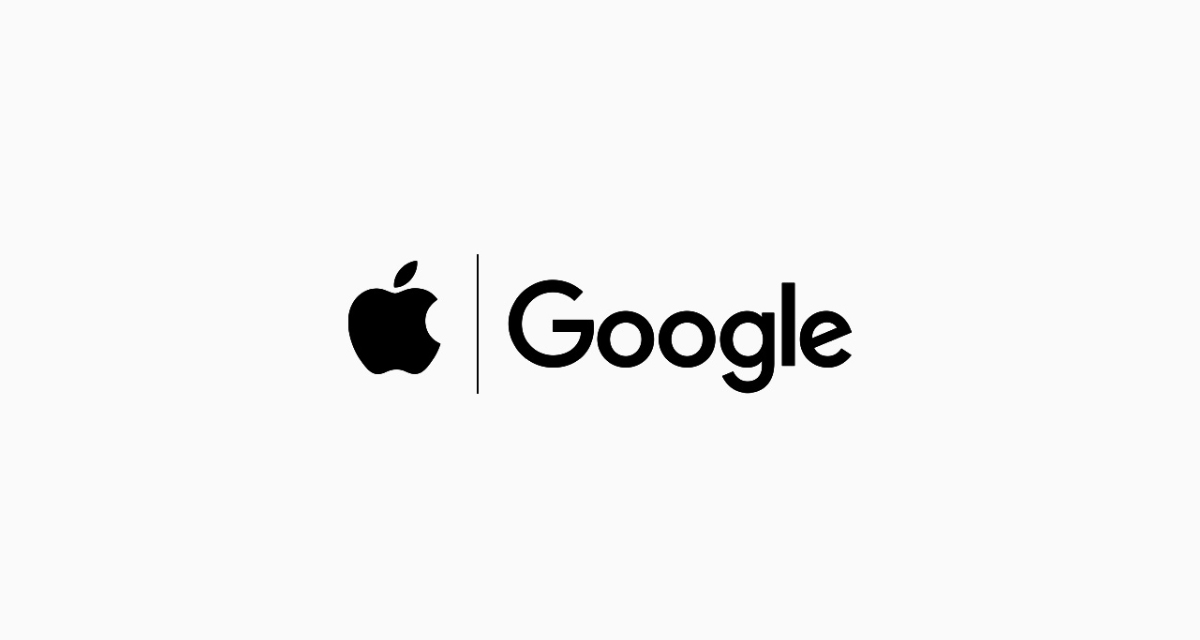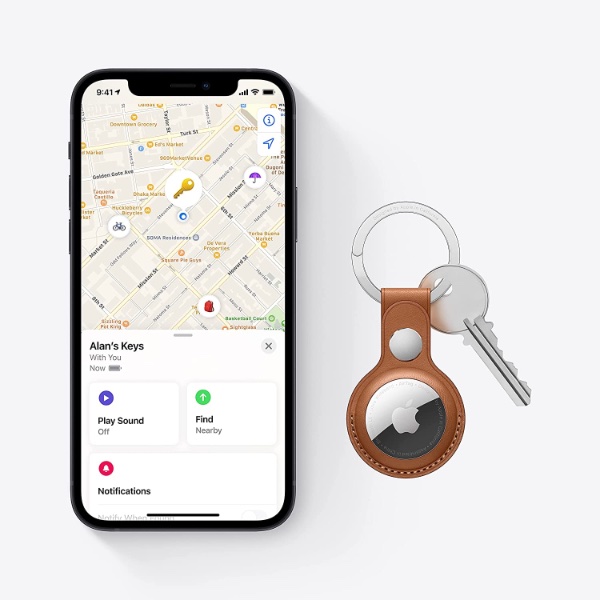Apple and Google have today submitted a draft proposal for a new specification that would make it easier for companies to ensure their item trackers are not used to track people without their knowledge or consent.
The draft specification comes after months of reports where AirTags and other item trackers have been used to stalk people and property, including cars that have subsequently been stolen.

Now, Apple has announced a specification that has already been given a preliminary sign-off by a number of tracker manufacturers and will work on both iOS and Android.
Today Apple and Google jointly submitted a proposed industry specification to help combat the misuse of Bluetooth location-tracking devices for unwanted tracking. The first-of-its-kind specification will allow Bluetooth location-tracking devices to be compatible with unauthorized tracking detection and alerts across iOS and Android platforms. Samsung, Tile, Chipolo, eufy Security, and Pebblebee have expressed support for the draft specification, which offers best practices and instructions for manufacturers, should they choose to build these capabilities into their products.
Apple says that the new specification will ensure that people are alerted if an unknown item tracker is following them. The draft specification has been submitted to the Internet Engineering Task Force while interested parties have been asked to review and comment over the next three months.

Following feedback Apple and Google intend to have a product implementation of the specification ready by the end of 2023, ready to be integrated into a future version of iOS and Android.
You may also like to check out:
- Download: iOS 16.4.1 OTA File, IPSW Links Out Now
- How To Fix Bad iOS 16 Battery Life Drain [Guide]
- Jailbreak iOS 16.4.1 On iPhone And iPad Latest Status Update
- iOS 16 Compatible And Supported iPhone, iPad, iPod touch Devices
- iOS 16 Hidden Features: 100+ Changes Apple Didn’t Tell Us About
- Download: iPadOS 16.4 Final OTA File, IPSW Links Released
- Install macOS Ventura On Unsupported Macs Using OpenCore, Here’s How
You can follow us on Twitter, or Instagram, and even like our Facebook page to keep yourself updated on all the latest from Microsoft, Google, Apple, and the Web.

